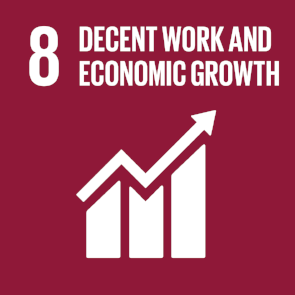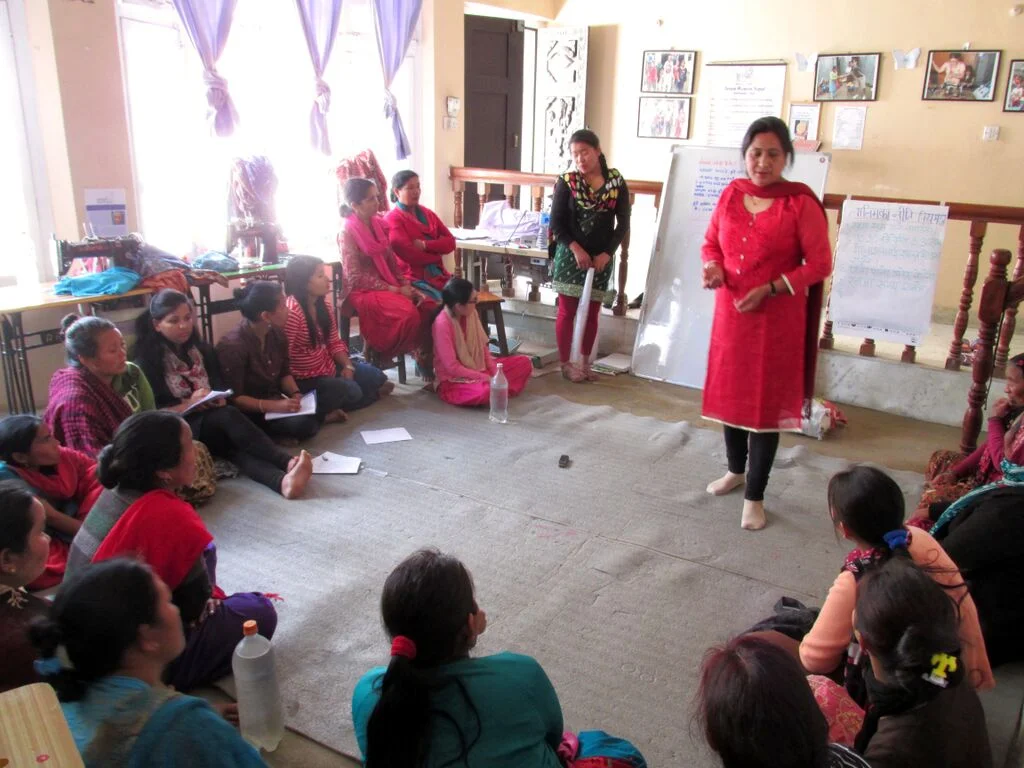Working towards inclusive economic growth in Nepal
A vital part of the United Nations eighth Sustainable Development Goal is to promote the growth of small and medium sized enterprises and to achieve full and productive employment for everyone, including women and the disabled.
Nepali Context
Achieving this goal is particularly relevant to Nepal, given that the majority of the working population is employed in subsistence or small-scale agriculture. Equality of access to quality employment opportunities remains a concern, especially for women, the disabled and above all, disabled women.
While the female labour participation rate is actually quite high in Nepal, the overwhelming majority of women work in agriculture rather than paid work. As victims of double discrimination, disabled women are disproportionality unemployed or engaged in housework.
Literacy class with a view! Education is the first step to empowerment. Chipling Village
Our work
Seven Women employs a multifaceted approach in order to address these concerns head on. By providing quality education and vocational training, we ensure that disadvantaged women have the opportunity to find gainful employment.
We also directly employ disadvantaged women as part of a small-sized manufacturing social enterprise, where handicrafts are made and exported overseas.
All of our products are 100% fair trade, with all profits going towards the support of our programs. We also directly uphold fair trade principles by providing fair payment, capacity building and creating opportunities for economically disadvantaged producers.
Finally, we partner with a number of other social enterprises, such as Hands on Development, who employ women in the tourism and hospitality industries.



